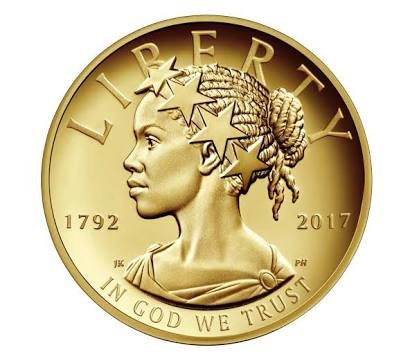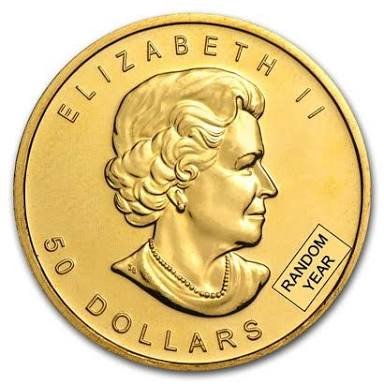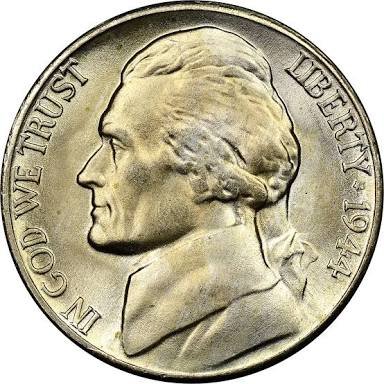crypto
 In the midst of instability, it can appear like there truly is nothing supporting open cryptographic money systems. In any case, that isn't precisely the case. While they come in all shapes and sizes (in a manner of speaking), digital forms of money all utilization similar fixings - distributed systems administration, private key cryptography and programming.
In the midst of instability, it can appear like there truly is nothing supporting open cryptographic money systems. In any case, that isn't precisely the case. While they come in all shapes and sizes (in a manner of speaking), digital forms of money all utilization similar fixings - distributed systems administration, private key cryptography and programming.
XRP, maybe the breakout crypto resource of 2018, is no special case.
Made in 2012 and now securing $40 billion in absolute esteem, XRP is the third-biggest digital currency organize today, one that has picked up reputation as the organization that deals with its tasks, Ripple, has inked a scope of great associations.
One purpose of feedback that has developed, however, is that the vast majority of the declarations don't have much to do with XRP, yet Ripple's other budgetary items. At any rate a few clients have been uninformed of the qualification (however CoinDesk has a guide for that).
Be that as it may, even those thinking about the market (or who might watch from a remote place) can profit by seeing more about Ripple's innovation and how it contrasts from yet another market section, open digital currencies like bitcoin and ethereum.
While every one of the three do exchange on open trades, XRP, as you'll see, doesn't precisely work like alternate resources you'll discover on CoinMarketCap.
Record and agreement calculation
To begin, XRP is a digital money that rides on the XRP Ledger. (You can consider XRP like U.S. dollars, and XRP Ledger like the Federal Reserve's authentic database of bills, coins and notes.)
The part that represents how XRP moves over the XRP Ledger is known as the XRP Ledger Consensus Protocol, or XRP LCP.
Like any circulated accord convention, an arrangement of PCs run XRP LCP with an end goal to figure out which exchanges that have been sent over the system are legitimate and, in that capacity, concede to the historical backdrop of the record.
In this, the calculation faces a comparable test to bitcoin, ethereum and other more decentralized cryptographic forms of money - the twofold spend issue, whereby a client may attempt to send a similar digital currency exchange twice with an end goal to diversion the framework.
Though bitcoin and ethereum take care of the issue with an accord calculation called confirmation of-work (in which mineworkers utilize particular equipment to illuminate complex scientific riddles to check exchanges and gain rewards), XRP utilizes something else. Its development depends on a "trust-based option" to this, in which a modest bunch of hubs are chosen to settle on a definitive choices about the record's history.
This gathering of hubs is known as the Unique Node List (UNL), and as of now, Ripple supervises which hubs get added to the rundown.
Following the direction of the UNL, hubs communicate a vote on which exchange history is right, and the predictable larger part will be propelled the record. As indicated by a current white paper, 90 percent assention crosswise over hubs is required to guarantee the security of the system.

Since the system does not depend on computationally escalated evidence of-work and an entire system of PCs contending to confirm exchanges, XRP LCP can adapt to a significantly higher throughput of exchanges settled in around four seconds.
In any case, even these subtle elements are under experimentation as the organization looks to enhance the tech. Swell analysts Brad Chase and Ethan MacBrough have even proposed another calculation named Cobalt as a substitution for the XRP LCP.
Rather than depending on 90 percent hub understanding, Cobalt can work with an insignificant 60 percent.
Hubs and approval organize
While the effectiveness of Ripple's framework is an or more for some, others are killed by its centralization of hubs.
In spite of the fact that clients can independently characterize their own UNL, Ripple prescribes its UNL in light of its reliably legit execution after some time. All things considered, on the grounds that different hubs may drop out of concurrence with Ripple's UNL (which characterizes the exchange history), inability to take after the suggested UNL may bring about a messed up installment. 
There are as of now 70 validator hubs and five prescribed validator hubs, with all the last being kept up by Ripple.
This contrasts considerably from bitcoin and other open digital forms of money in that anybody (with the specialized know-how) can turn up a hub and begin securing the system, in addition to anybody (with the right equipment) can start mining.
Yet, Ripple intends to include 11 more prescribed hubs, keep running by confided in organizations and colleges, this year, and might likewise want to see every one of its hubs eliminated in time.
"At the present time, we see a specific number of outsider validators that are developing a history; they're solid yet in the meantime they're still truly new, so they don't have the same ... five years of run time that Ripple's validators have," Stefan Thomas, the organization's CTO, told CoinDesk.
Over that, Ripple trusts that one day clients of the system will have the capacity to characterize their own particular UNL in view of their very own parameters.
Congratulations! This post has been upvoted from the communal account, @minnowsupport, by sohan2018 from the Minnow Support Project. It's a witness project run by aggroed, ausbitbank, teamsteem, theprophet0, someguy123, neoxian, followbtcnews, and netuoso. The goal is to help Steemit grow by supporting Minnows. Please find us at the Peace, Abundance, and Liberty Network (PALnet) Discord Channel. It's a completely public and open space to all members of the Steemit community who voluntarily choose to be there.
If you would like to delegate to the Minnow Support Project you can do so by clicking on the following links: 50SP, 100SP, 250SP, 500SP, 1000SP, 5000SP.
Be sure to leave at least 50SP undelegated on your account.